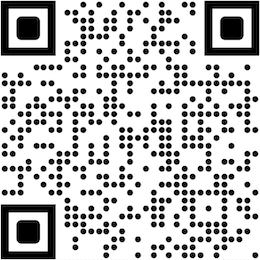Romani Lovari Gospel of John 1930
Lovari is a form of Romani spoken in northern and central Europe, traditionally associated with horse-dealers.
Sattler
Jajiji (Joseph) Sattler was born in 1902 into a Romany Lovari horse-trading family in Saxony. His family had come to England in 1906 and returned to Germany. He became a Christian in 1925 and entered a mission school in Silesia. He married in 1928.
Lovari Gospel of John
Sattler worked on translating the Gospel of John from Luther's German Bible into the dialect of Romani Lovari in usage by "norddeutschen Zigeuner" or North-German Gypsies, (to distinguish it from the Sinte dialect of the Sinti Gypsies who lived in Southern Germany). He called it "O Woyako-Hiro katar o Jesuskasko Christuskasko banasgimmo ä Johannestar" (The Good News of Jesus Christ as told by John). To write down the Lovari text he used conventional German spelling, because his compatriots living in Germany knew the language, and if anyone of them were literate it was only in German. He had no linguistic training, but an article in The Gypsy Lore Society Journal in 1931 reviewed it as high quality reflecting the living language.
Sattler and the Bible Society
Sattler travelled in a vardo (Gypsy caravan), visiting various Kalderash and Lovari settlements in Germany, Czechoslovakia, Hungary and Bulgaria, working as a Bible Society colporteur and selling his own translation. In 1943 Sattler was deported to the Zigeunerlager (Gypsy camp) at Auschwitz, where he was murdered in 1944. This was first book of the Bible ever in Romani Lovari. It was published in 1930 by the Britische und Ausländische Bibelgesellschaft (British and Foreign Bible Society) in Berlin in 1930 and sold for 6d.
Digital Edition
The text is from an original copy in the British and Foreign Bible Society archives. It was digitised with the help of MissionAssist, for the United Bible Societies (UBS) Romani Affinity Group digitisation project. This is a historical text maintained by the British and Foreign Bible Society.



